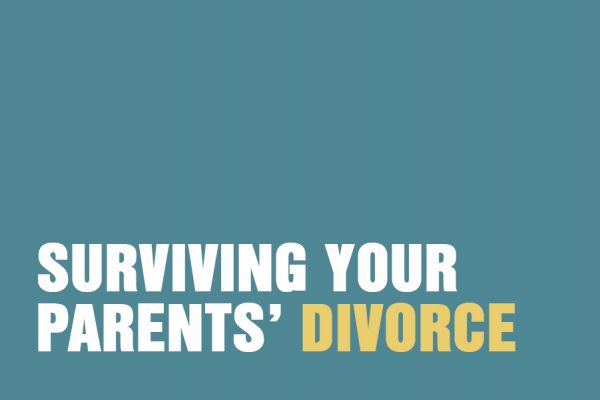As a nation, we love and loathe Valentine’s Day in equal measures. For some of us, it’s a hearts and flowers-filled expression of romantic ideals; for others is a day we dread or ignore. On or around 14 February, we’re more likely to propose and be proposed to, have a wedding or civil partnership… or, according to some reports, file for divorce.
How we feel about 14th February has nothing to do with whether we’re in a relationship. For many couples, Valentine’s Day puts an undue strain on the relationship: the dreams of one partner that the other will whisk us off on a night train to Paris are, more often than not, a recipe for disappointment. All around us are adverts for diamond rings, champagne, chocolates, teddy bears, romantic dinners, or weekends in Venice. All of which can make us feel isolated even if we’re part of a couple. Sometimes there’s pressure on us to perform sexually, just because of the date on the calendar. Or perhaps our relationship doesn’t seem to match up to the images of happy couples all around us. Perhaps our partner always forgets Valentine’s Day, or doesn’t make much of an effort.
And of course, for many, Valentine’s Day is a unwelcome reminder of being alone, maybe because a loved one has passed away, or because a relationship has broken up. The day can feel as though it’s as much about loss as it is about connection,
Celebrating a relationship, or a multi-billion pound industry?
If you’re in a relationship, whether its gay or straight, do you celebrate it once a year or more often? Ideally, of course, you’d celebrate every day! But the reality is that we get entrenched in the everyday routines of life – work, children, doing the weekly shop – and forget to make time for each other, to go on dates or remember why we got together in the first place, and fell in love.
So what is all the pressure about? The day we now know as Valentine’s Day has its roots in the ancient Roman pagan fertility festival of Lupercalia. Its commercialisation seems to have started in the mid-18th century, when love notes became popular and – helped by the advent of the postal system – the tradition of sending an anonymous card began. Today, the picture is very different, and Valentine’s Day is a multi-billion pound industry.
But for all its commercialism, Valentine’s Day can be a good excuse to celebrate and take stock of your relationship, in a positive way. Don’t wait for your partner to forget to buy you a card and have a blazing row about it, but plan something together. It doesn’t have to be about expensive gifts and flowers. It could be something as simple as cooking a meal at home, or appraising the positive things about your relationship, telling your partner why you love them, or voicing appreciation for something they’ve done. And if you dread doing these things, couples’ counselling could help.
Tell us what you think of Valentine’s Day!
Whatever you think of Valentine’s Day, we’d like to know! How do you celebrate? Do you love it or loathe it? Is it an important time for your relationship, or do you make a point of ignoring it? If you’re not in a relationship, do you feel there’s too much importance attached to the day, or do you not really care either way?
Send us your thoughts, pictures, stories, poems, comments, whatever you like – we’d love to hear from you.







